Are you serious? The song “Five Little Monkeys“ (FLM) used to be “Five Little N-words?” I’d been hearing that casual racism was in the very fabric of modern life. I’d been trying to listen and grasp this point, though I didn’t really get it. But when my youth services colleagues started talking about not using “FLM” in their story times anymore, and I looked into the reasons why, I suddenly saw the problem in sharp detail and felt that I had to do something. Here’s how I have been dealing with latent racism in my children’s programming ever since.
The first thing I did was stop using “FLM” in my storytime. Immediately. Instead, I searched for similar rhymes with backwards counting — and without the harmful history. Luckily, I knew of two.
“Five Little Ducks” had a lovely melody and went over well with flannel board cutouts. “Five Green and Speckled Frogs” had a really fun and catchy tune and great hand gestures. I looked into the origins of both songs — searching the titles plus the keywords “racist,” “history,” “original,” “hurtful,” and “derogatory” — and didn’t uncover anything insidious. Those two action rhymes worked well enough, and I still use them.
But, I was missing something that “FLM” had. There was a hint of controlled mischief in that rhyme that kids just loved — there was a delicious dramatic irony to the characters doing something they weren’t supposed to be doing. The young audience knew the characters were going to get hurt and scolded for it, and they continued doing the thing and somehow all survived in the end. What kid doesn’t love that? Miss Kate (aka the Lavender Librarian) knows what I’m talking about — that twinkle in the kids’ eyes when you tell them they can sing as loudly as they want in storytime or when you do a whole program about the potty.
So where did that leave me? I could change the words to “FLM,” but I was so troubled by the history that I didn’t even want to use the rhythm or the melody again. In some cases, I feel comfortable just making minor changes to a song or rhyme, like in my gender-neutral “Where is Thumbkin?“ But in the case of “FLM,” I needed a completely different action rhyme, and ideally one with joyful dramatic irony. What other action rhymes had that? Luckily, I knew of one.
“Slippery Fish“ starred happy sea creatures swimming along — with super fun arm movements — and getting suddenly eaten by larger sea dwellers. This action rhyme was also, incidentally, scientifically accurate. And every verse had a devilish surprise (that everyone knew was coming), and a — GASP! — and a dramatic “Oh, no!” as the protagonist became prey, leaving only the very full humongous whale at the end. Love it!
So now I had my path forward — I would combine key elements from existing rhymes to make my own new action rhyme, with no traceable connection back to “FLM.” My new rhyme would have backwards counting like “Five Little Ducks“ and “Five Green and Speckled Frogs” and it would have a delicious dramatic irony and a moment of joyful dread like “Slippery Fish.” Bonus points if I could also make it scientifically accurate!
What I came up with was “Five Ants Marching Up a Tree:”
One, two, three, four, five
Five ants marching up a tree
Looking for some food to eat
They had not the slightest hunch
That they’d be somebody else’s lunch
Munch! Oh, no!
How many are left?
Let’s count them
One, two, three, four
Four ants marching up a tree…

The kids in my early literacy classes loved it. It is also my most popular video on my YouTube channel, Sing, Rhyme, and Play with Ms. Christina. What a relief!
I wish I could say that “FLM” was an outlier. If you work with children and children’s music, you know by now that the problem is so much bigger than just one song. When I started researching the origins of my program songs in earnest, a library colleague forwarded me the document <Songs with a Questionable Past> compiled by Lauren McDougle, and — Wow! — has it been an education.
In this document, I immediately noticed “Eeny Meeny Miny Moe,” a rhyme my seven-year-old daughter had learned from her friends at school and was using on a daily basis. The version they were singing had origins in the American slave trade and had been sanitized over the years — what was the “n-word” or “n*gro” at some point became “tiger.” Gah!
I worried for days about how I was going to tell my daughter. Luckily, we’d already talked a lot about racism together. We’d read biographies of Harriet Tubman, Ruby Bridges, Rosa Parks, and Martin Luther King Jr. As a family, we’d also gone to multiple Black Lives Matter protests and she’d even made her own signs. She already knew that racism was bad for everyone — the hard part was going to be telling her that the rhyme she and her friends loved was racist.
One day, I finally just took a deep breath and told her about “Eeny Meeny” — I told her I just found out it was probably, at one time, a slave-catching song, and it definitely used to have some very mean words in it. Her upper lip stiffened while the information sank in and her eyes watered a little bit. At first, she said she’d never be able to convince her friends to stop using the rhyme and she was afraid of being left out. So I included her in the writing of a new rhyme that she and her friends could use instead — “Porcupine in Pointy Shoes:”
Porcupine in pointy shoes
Which one will my pointer choose?
Pointer, pointer, stick like glue
The one my pointer picks is YOU!
Now, thank goodness, she likes the porcupine and practices the rhyme a lot at home. She says her friends are sticking with “Eeny Meeny,” but she is determined to never use that rhyme again. Miss Kate asked me if I could pinpoint what it was about the conversation that made my young daughter willing to make this difficult change when so many adults struggle with it. I think it was the ongoing nature of it. If it had been our first conversation about racism, I don’t know if I would have gotten through to her. But since she already knew what racism was, she also intuitively understood that — as Maya Angelou famously said — she had to do better once she knew better. I admire her very much and all the courage she has shown in her tiny little self.
Another song I had to personally grapple with was “Skip To My Lou.” It was a favorite song in my online early literacy class and I am ashamed to say I was actively teaching it. Well, not anymore. Thanks to the Lauren McDougle document, I recently came to understand the original intent of the phrase “Flies in the buttermilk,” which refers to individual or token black people in a larger white group. The song becomes even more upsetting when you consider the next line, “Shoo, fly, shoo.” Further searching uncovered other problematic associations and underlying meanings in the song too. I work hard to ensure my class is a safe space for all children, hence, “Skip to My Lou” is no longer included.
And then there was the matter of “This Old Man,” a song that came up a few times in my early literacy class. I wasn’t singing it — because the Irish family I married into has always taken offense to the song — but very young children were coming to my class already knowing it and wanting to sing it and read books about it. On the surface, this song might seem like benign gibberish, but look a little deeper and a sinister picture emerges. Consider the derogatory nature of the terms “paddy” and “paddywhack,” and the history of othering the Irish people, and that the song is believed by many to have originated during the Irish potato famine when Irish people went to England to earn money however they could. The exact origins and meaning of “This Old Man” are difficult to pin down, but enough people understand the song to be about ridiculing and harming Irish people, that I am not comfortable singing it.
I even emailed the publisher of a book I came across based on “This Old Man” — I shared my interpretation of the song and asked for their thoughts. Within an hour, I had a response from the company saying they had, in fact, recently become aware of underlying meanings in the song and were discontinuing the book. Hooray for another example of someone channelling Maya Angelou’s words and doing better once they knew better!
On behalf of my Irish in-laws, I wanted to help counter negative stereotypes and give more positive representation to the Irish in popular culture. So when my husband asked me to write a song with some of his favorite symbols of Ireland — something beyond leprechauns and shamrocks — I was all in. He was always very moved by the beautiful purple heather flower that blooms in Ireland in late spring and the adorable lambs that enjoy eating and playing in them. He coached me on a traditional Irish strumming pattern and together we wrote “Lamb in the Heather.” This song is full of good action-words and pairs well with spring and St Patrick’s Day programming.
So now you understand a bit more about my personal experiences confronting latent racism in children’s music and how I’ve been trying to offer alternatives to some of the most egregious examples. After I overcame my initial feelings of loss and nostalgia over the content I was no longer willing to use, I found I loved writing new rhymes and songs with guaranteed good intentions.
And let me be clear, those first steps were really, really hard. Gut-wrenching, even. I loved “Skip to My Lou,” as I touched on earlier. It was simple to play — just two chords on the uke — and it was so rich in vocabulary. I had a whole host of visual aids I had made to go with all the verses. And my learners requested it so much I started offering a whole early literacy class based on just that one song. So letting go of it was tough. Likewise with “Eeny Meeny.” As I mentioned, I sat on the knowledge for days — days! — before I could summon up the nerve to have the tough conversation with my daughter. I don’t even want to know what my cortisol levels were at that time.
But by the same token, I love using content that I know is free from harm. I love knowing there will be no “Are you serious?” moment when my eyes slam open to a racist metaphor or I learn the words were sanitized to cover up an ethnic slur. I mix my original works into my programs with classics I’ve researched and found to still be okay. I also make the new works free for all early literacy professionals to use for educational purposes.
And this is where you come in! Librarians, preschool teachers, early music teachers — these new songs and rhymes are for you. If I needed them, I figured you might too. I hope you enjoy the new works as much as my kids and I have. And I also hope you will become more comfortable over time letting go of content that was made to mock, dehumanize, and even harm others. Make a habit of searching the songs and rhymes you use in your programs. By all means, keep the ones that still work. Leave the ones that are counter to the spirit of what you are trying to cultivate in your program. The children who have never heard those songs before won’t miss them. And the children who have heard them and ask for them will probably respond just fine to a redirect, so have your alternatives ready to go. With “Skip to My Lou,” I just say, “Ms. Christina doesn’t sing that song anymore, but she does sing “Skinnamarink!” and I launch right into it.
You got this! Because your kids love you and you love them, they will fall in love with whatever songs you sing to them with joy and light in your heart.
We’d like to hear from you! Have you ever stopped using a song or rhyme?
Tell us your experience, here.
About the author:
Ms. Christina is an early literacy educator with seven years of experience working in the children’s department of a large public library and one year teaching English and German abroad. She is the founder and creator of the YouTube channel, “Sing, Rhyme, and Play with Ms. Christina,” and the early literacy class on Outschool of the same name.
A Note from Miss Kate (The Lavender Librarian): I appreciate Ingrid Christina sharing her personal experience with us. Her young daughter’s work to remove a racist rhyme from daily use challenges me to do better. If she can find a way — at seven years old — to do better, than what excuse do I have at 30 years her senior?
I’m still working to remove songs with racist roots from my storytime. Recently it pained me to stop singing a mask song I had written to the tune of “Do Your Ears Hang Low?” It was cute and catchy and the kids would request it during my livestream storytimes. Learning the history of the tune was upsetting. I felt embarrassed that I hadn’t known the history sooner — especially since I happen to have a masters degree in musicology — and I wished I had never sung the song for my little best friends. I felt that continuing to perpetuate the tune, even in my small way, was contributing to a continuing harm to people who are already marginalized, and I felt that I had to do what little I could to help. For me, that meant acknowledging my mistakes and moving forward to do better next time.
What children learn in their earliest years will stay with them for their entire lives; that’s why we call these years “formative.” I believe that exposure to racist music for young children can permanently normalize these songs. That’s why it’s so important that we excise harmful songs as soon as we understand: if we don’t they only become more and more embedded in our culture. Working with little humans comes with an obligation to put in extra effort to make the world better for them. We can do this through storytime by being conscious of what we’re teaching even if it’s “just“ a silly song.
Thank you for reading this, the first of many blogs covering the complex issues related to making storytime safe for every child. There is much work to be done but we can make it easier by supporting each other. It’s my goal that this page will provide a safe space for learning and include a growing resource of songs that can be used without worrying that we’re dehumanizing the very children we’re trying to welcome. And that future blog posts will help encourage all of us to do better.
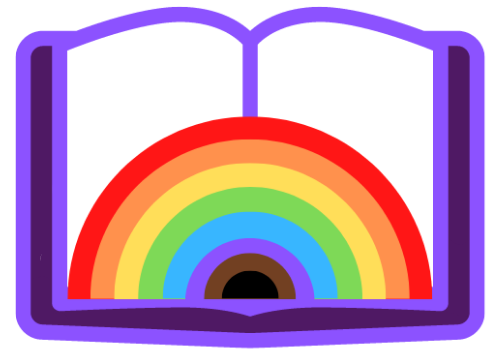
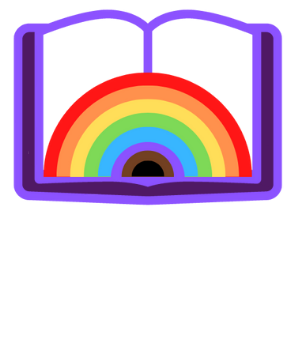
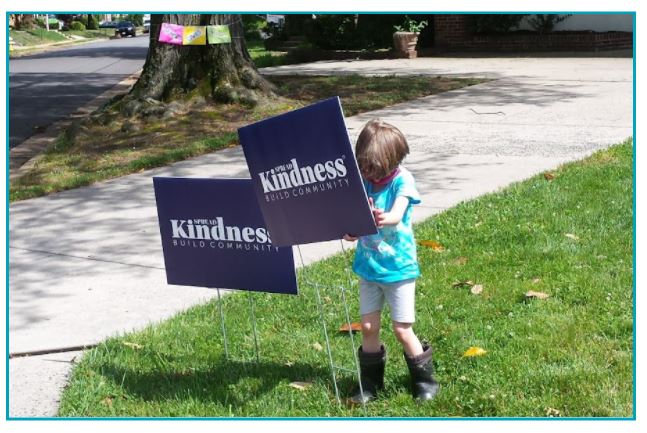
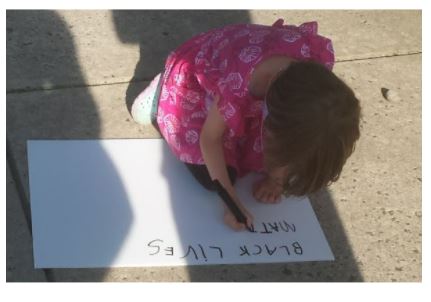
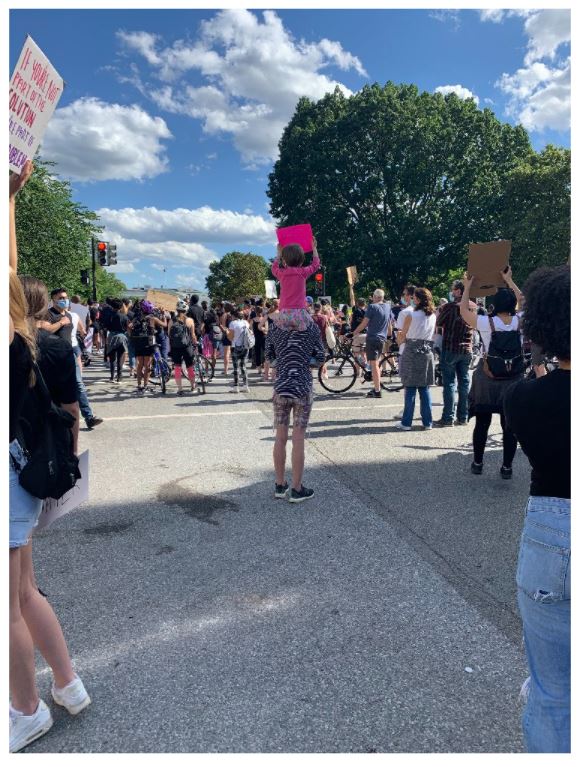
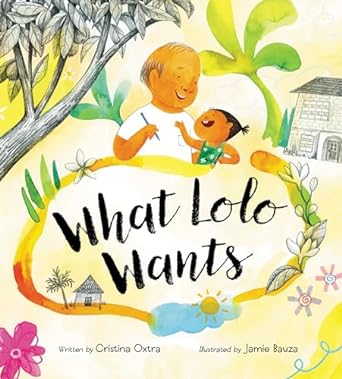
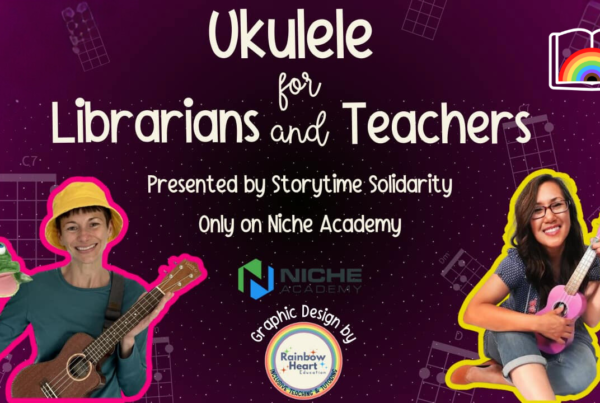
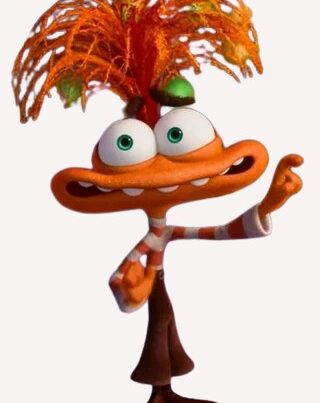
Thank you for your incredibly insightful article. I had no idea the background of some of these songs and, now that I do, can make sure I never use them. We must do better. Your solutions for new songs are inspirational. I’m looking forward to hearing them sometime on “Sing, Rhyme, and Play with Ms. Christina”!